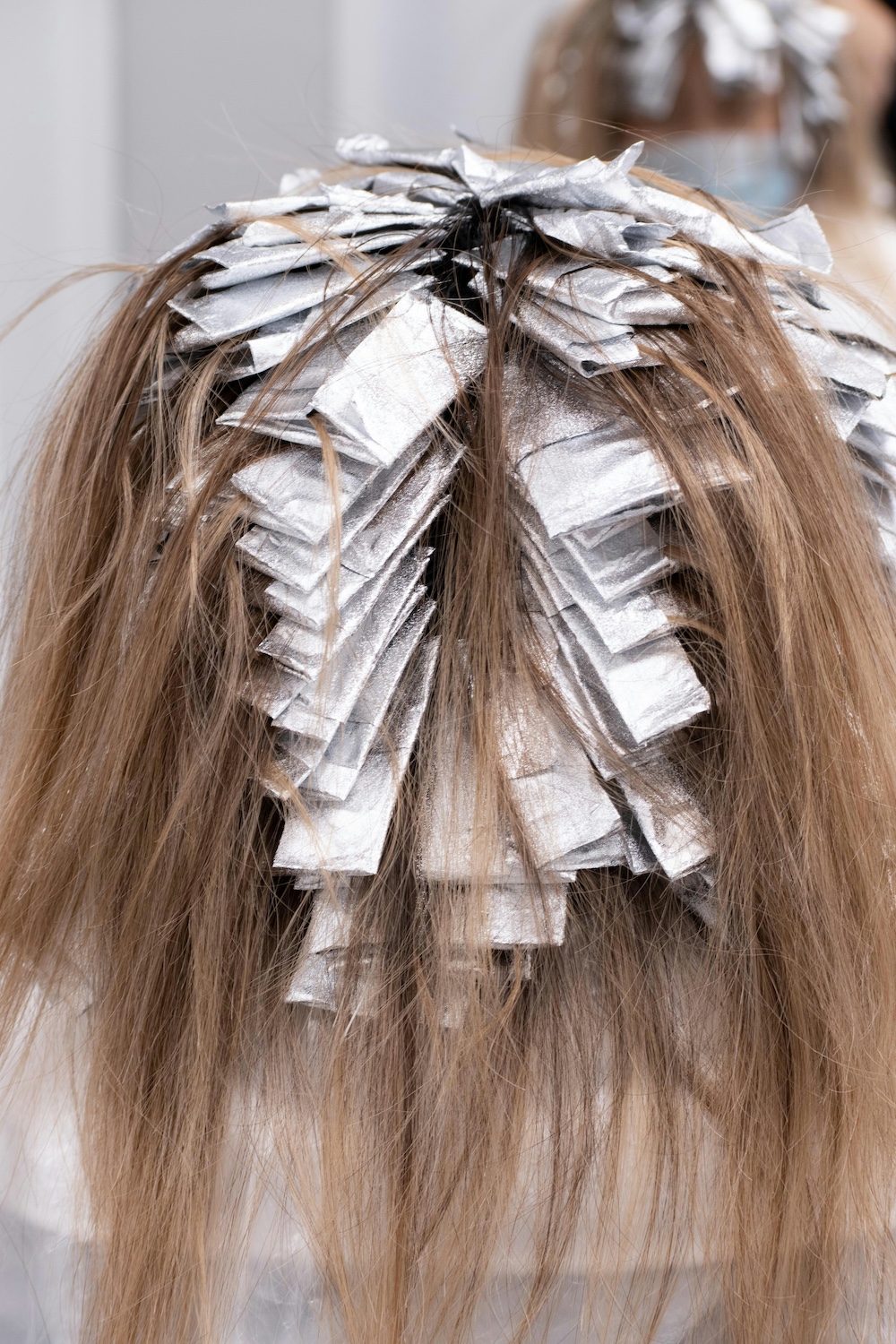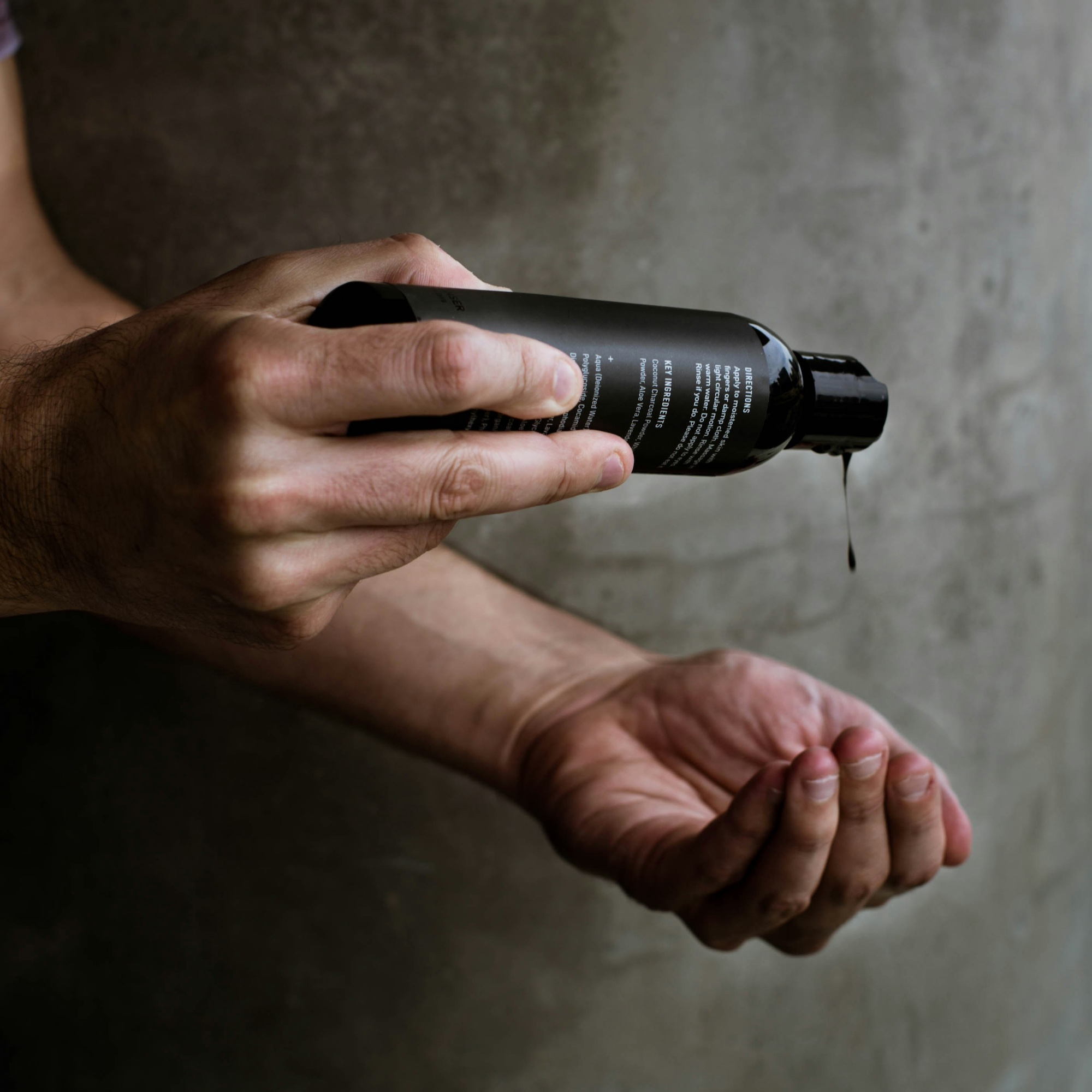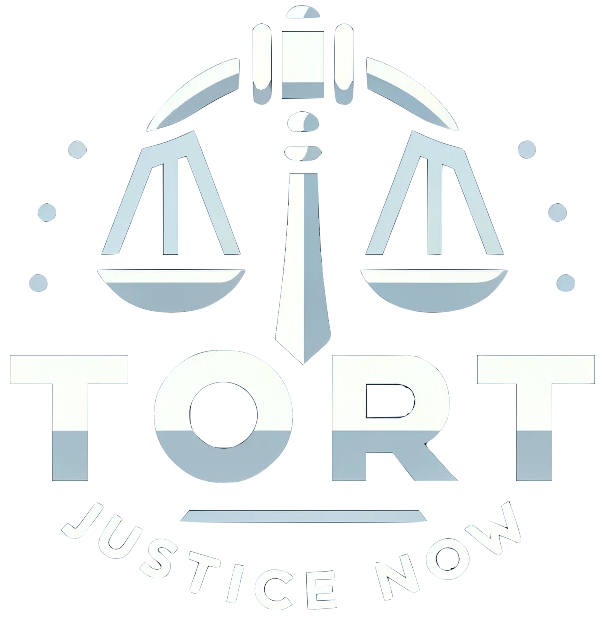Fight for Justice in the Hair Relaxer Lawsuit
Join the Hair Relaxer Lawsuit Today
Have you or a loved one been affected by Roundup? Learn about your legal rights and how you can join the lawsuit to seek justice and compensation.
Check Your Eligibility

Health Risks Linked to Chemical Hair Relaxers
Chemical hair relaxers, widely used for straightening curly or wavy hair, have been linked to severe health issues. Prolonged exposure to the harsh chemicals in these products can lead to reproductive problems, such as uterine fibroids, and an increased risk of cancers, including breast and uterine cancer. Studies have shown that women who use hair relaxers frequently are more likely to experience these adverse health effects, raising significant concerns about the safety of these products.
The Science Behind Hair Relaxer Risks
Research has identified several harmful chemicals in hair relaxers, such as lye (sodium hydroxide), phthalates, and formaldehyde. These substances can penetrate the scalp and enter the bloodstream, causing hormonal disruptions and increasing cancer risks. The frequent use of these products over time can lead to cumulative exposure, making the long-term health implications even more severe. As awareness of these risks grows, there is an increasing demand for safer alternatives and better regulatory oversight.

Health Risks of PFAS Exposure
- Hormonal Disruptions 50%
- Uterine Cancer Risk: 40%
- Breast Cancer Risk 30%
%
Increased Risk of Uterine Fibroids
Legal Background for Hair Relaxer Cases
The legal landscape surrounding hair relaxers has intensified as more women come forward with claims of severe health issues linked to long-term use of these products. Lawsuits have been filed against major manufacturers, alleging that they failed to warn consumers about the potential risks associated with the chemicals in hair relaxers. These cases often highlight the presence of harmful substances like lye (sodium hydroxide), phthalates, and formaldehyde, which have been linked to an increased risk of uterine fibroids, breast cancer, and other health problems. Plaintiffs argue that the manufacturers knew or should have known about these risks but chose to prioritize profit over consumer safety .
In recent years, several high-profile lawsuits have brought attention to the dangers of chemical hair relaxers. In some cases, plaintiffs have received significant settlements or jury awards for their health issues attributed to these products. These legal actions aim not only to secure compensation for the affected individuals but also to push for greater transparency and stricter regulations on cosmetic products. As litigation continues, it serves as a crucial step towards holding manufacturers accountable and ensuring safer alternatives are available to consumers .
Hair Relaxer Lawsuit FAQs
What is the Hair Relaxer lawsuit about?
The Hair Relaxer lawsuit involves claims that certain chemical hair relaxers contain harmful substances that can cause serious health issues, including reproductive problems and cancer.
Who is eligible to file a claim?
Individuals who have used chemical hair relaxers and subsequently developed health issues such as reproductive problems or cancer may be eligible to file a claim. Specific eligibility criteria apply.
What compensation can I expect?
Compensation varies based on the specifics of each case, including the severity of health issues and the impact on the individual’s life. Potential compensation can cover medical expenses, lost wages, and pain and suffering.
How long does the legal process take?
The duration of the legal process can vary. While some cases may settle quickly, others may take longer to resolve, especially if they go to trial. Our team will keep you informed throughout the process.
Do I need to pay any fees upfront?
No, we operate on a contingency fee basis, meaning you do not pay any legal fees unless we win your case.
